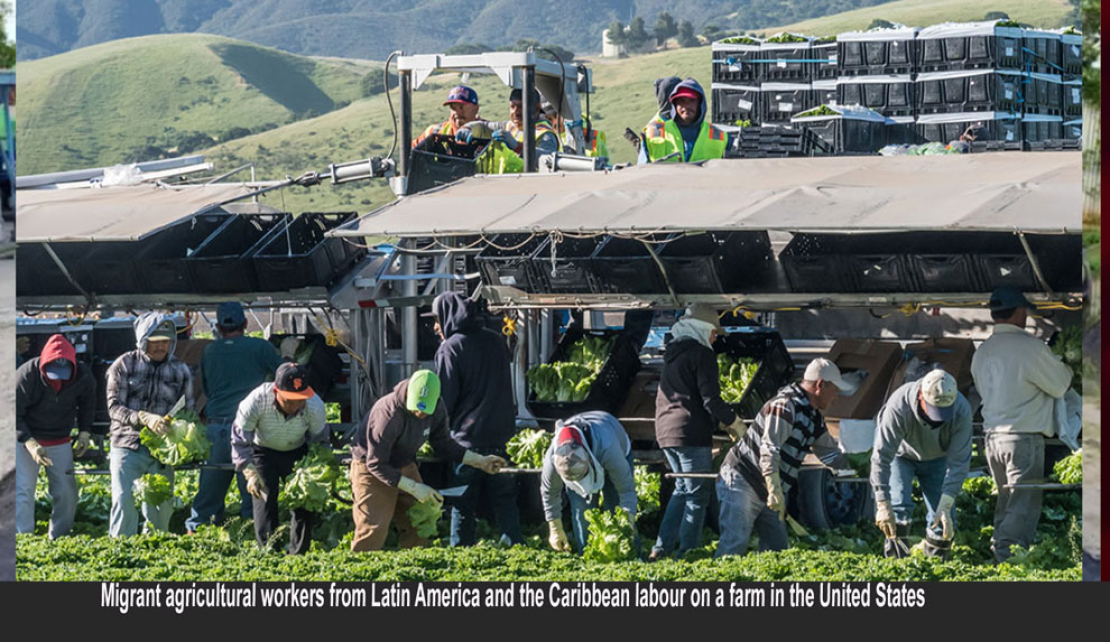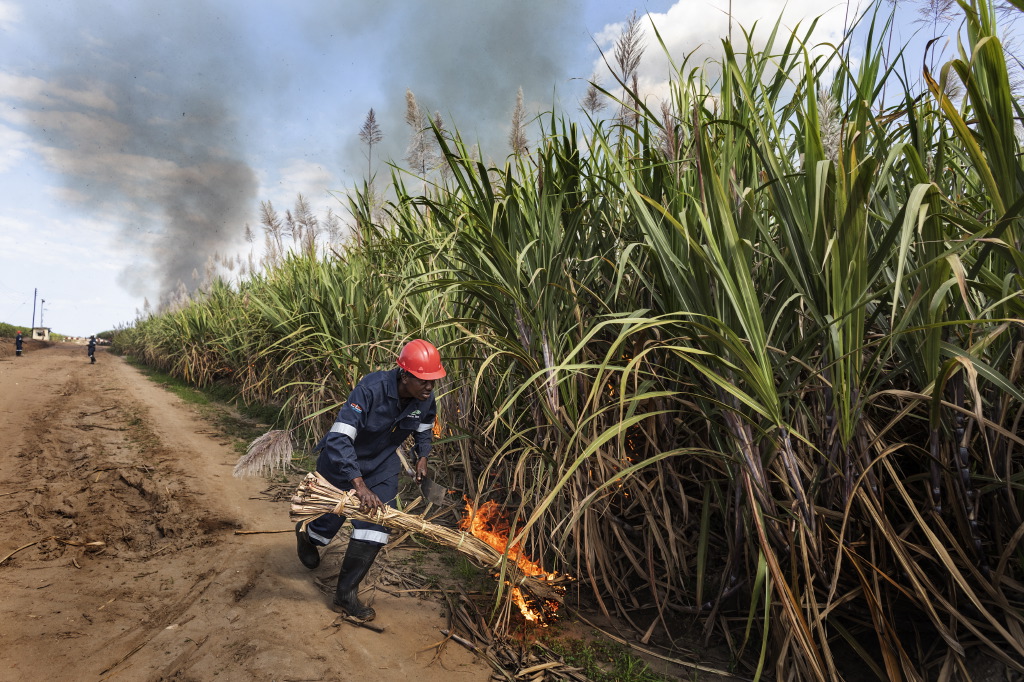JAMAICA | The Labour conundrum facing Jamaica’s Agricultural Sector

KINGSTON, Jamaica, March 30, 2024 - Across the verdant landscapes of Jamaica, a manual labour crisis looms, casting long shadows over its once-thriving agricultural sector.
The island nation, known for its lush rural farming areas, is grappling with an acute shortage of manual labor that threatens the backbone of its food security and agricultural sustainability.
President of the Jamaica Agricultural Society, Lenworth Fulton, has voiced this growing concern: "The labor shortage is crippling our agricultural industry, putting at risk not just the livelihood of our farmers but the very food on our tables."
Historically, agriculture formed the cornerstone of Jamaica's economy, buoyed by favorable weather, fertile soils, and, critically, an abundant supply of labor. Colonial rulers capitalized on these conditions, creating vast wealth.

While these changes mark significant social progress, they have inadvertently led to a dwindling supply of affordable labor for agriculture, once the most attractive and economical option for the workforce.
Today, the repercussions of these shifts are starkly evident. Fulton highlights the issue, stating that farm laborers now demand wages up to J$25,000 per week, alongside meals - a stark increase from the minimum wage of J$15,000.
This wage hike has pushed the cost of local produce beyond competitive levels, making it harder for Jamaican farmers to compete with imported foods.
The situation is exacerbated by the lack of modern infrastructure on many farms, which discourages potential workers accustomed to more stable employment in other sectors.
The dialogue around resolving this labor crisis has extended beyond the agricultural sector, engaging a broad coalition of government, civil society, trade unions, and employers.
A significant part of the discussion revolves around the concept of importing labor—a strategy that Jamaica itself has benefited from through the export of farm labor to North America.
These overseas opportunities offer Jamaican workers favorable conditions due to the living accommodations provided and the favorable exchange rate between currencies.
Lenworth Fulton points out, "While we've historically sent our laborers abroad, we're now in a position where we must consider inviting workers to our shores to sustain our agricultural productivity."

Furthermore, the sector is plagued by outdated practices and infrastructure issues, such as poor access roads and inadequate sanitary facilities, which diminish its appeal to potential local and foreign laborers.
"To attract and retain the workforce we desperately need, significant investments must be made to modernize our farming operations," Fulton asserts, highlighting a path forward that includes both infrastructural upgrades and a reevaluation of labor practices.
The shortage of farm labor in Jamaica is not just a matter of economics; it's a symptom of deeper systemic issues that require a comprehensive strategy and the collective will to address.
The Jamaica Agricultural Society, under Fulton's leadership, calls for a national priority on agricultural workforce development, urging a study to guide government and industry efforts.
Such a study could illuminate strategies to make agriculture an attractive and viable career path once again, especially for a younger generation that could bring new energy and innovation to the sector.
As Jamaica stands at this crossroads, the path forward is clear: a concerted effort to modernize the agricultural sector, reevaluate labor needs and costs, and engage in meaningful dialogue with all stakeholders.
Only through such a comprehensive approach can Jamaica hope to overcome the labor shortages that threaten its agricultural heritage and ensure the nation's food security for future generations. The time for action is now, for the sake of Jamaica's farms, its people, and its economy.
-30-
